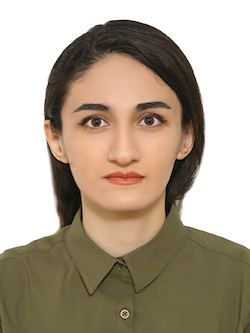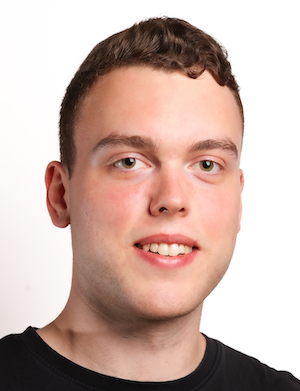About
The Scalable Analyses lab tackles computationally demanding challenges in research and industry. We cover the disciplines involved from the bare metal of computer architectures to fully automated production workflows by integrating modeling and simulation, high-performance computing, software engineering, data analytics, and verification and validation. This overarching approach is key to building visionary, portable, robust and efficient software pipelines.
Team
 |
Alex Breuer leads the Scalable Data- and Compute-intensive Analyses lab. His research and teaching activities cover the full spectrum of algorithms and software for modern and emerging hardware. In 2014, Alex was honored with an ACM/IEEE-CS George Michael Memorial HPC Fellowship for his Ph.D. project “High Performance Earthquake Simulations”. In addition, he and his collaborators have been awarded with the PRACE ISC Award and nominated as ACM Gordon Bell finalists. Alex holds a doctoral degree from the Technical University of Munich. |
 |
Shima Baniadamdizaj is a doctoral candidate in the lab. She holds a master’s degree in Artificial Intelligence and utilized deep neural networks for the localization of documents in photos taken by smartphones. Her doctoral research tackles computational challenges on Arm and OpenPOWER processors. Here, Shima harnesses low-level kernels to accelerate holistic pipelines covering modeling and simulation, and data analytics. |
 |
Max Engel holds a Master’s degree in Computer Science from Friedrich Schiller University Jena. In his Master’s thesis, Max implemented and analyzed the numerical core of an ADER-DG finite element solver using the high-performance tensor library PyTorch. His Ph.D. research revolves around efficient algorithms and software backends for high-performance tensor contractions, with a special focus on the Einstein summation convention. |
 |
Max Koch is a researcher in the lab and a graduate student at Karlsruhe Institute of Technology. He holds a Bachelor’s degree in Computer Science from Friedrich Schiller University Jena. In his Bachelor’s thesis, Max implemented a routine to efficiently evaluate Einstein summation expressions by utilizing small matrix multiplication kernels. Continuing his research in this field, Max now focuses on high-performance algorithms targeting the computation of tensor operations on hardware accelerators like GPUs. |
 |
Niklas Becker-Klöser is an undergraduate student at Friedrich Schiller University Jena and is currently working on his Bachelor‘s thesis. His work optimizes the layout of multidimensional data structures used in the evaluation of neural networks. Niklas employs reinforcement learning to automatically identify suitable data layouts for an underlying tensor contraction backend that executes nested loops around small GEMMs. |
 |
Vincent Gerlach is a student at Friedrich Schiller University Jena. Vincent is currently writing his Bachelor’s thesis on “High-performance inference on system-on-chip devices” using the Qualcomm Snapdragon 8 Gen 2 SoC (SM8550P) through ExecuTorch. A core accelerator of the device is the Hexagon Tensor Processor, which Vincent is targeting for inference of the ResNet-50 neural network architecture. |
 |
Stefan Remke is an undergrad student at Friedrich Schiller University Jena, majoring in Computer Science. Stefan optimizes high-performance computing primitives for the Arm Neoverse V2 microarchitecture. As part of his work, he is developing just-in-time code generation routines for small matrix-matrix kernels targeting NVIDIA’s Grace CPU Superchip. In addition, Stefan explores the generation of tensor processing primitives for Qualcomm’s Neural Processing Unit through the Hexagon Vector Extensions. |
Contact
Prof. Dr. Alexander Breuer (alex.breuer@uni-jena.de)
Friedrich-Schiller-Universität Jena
Fakultät für Mathematik und Informatik
Institut für Informatik
Professur für Skalierbare daten- und rechenintensive Analysen
Ernst-Abbe-Platz 2
07743 Jena
Germany